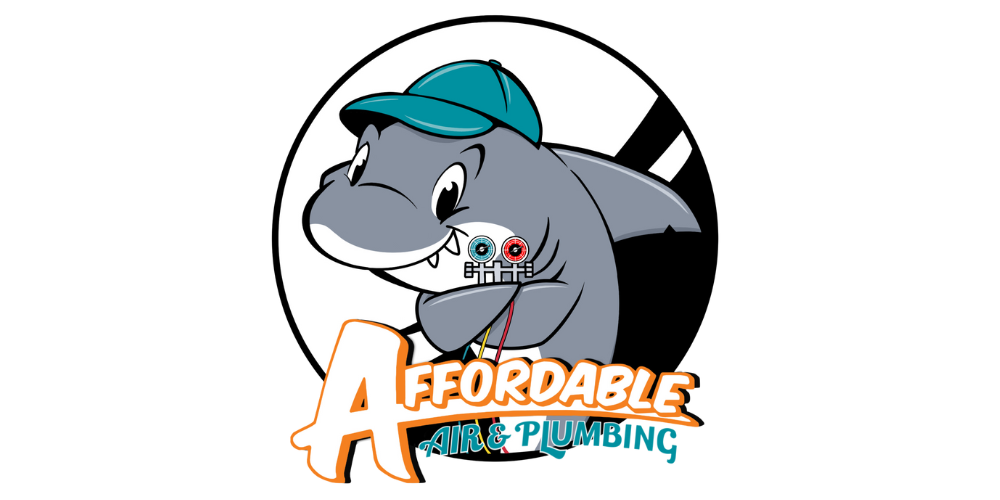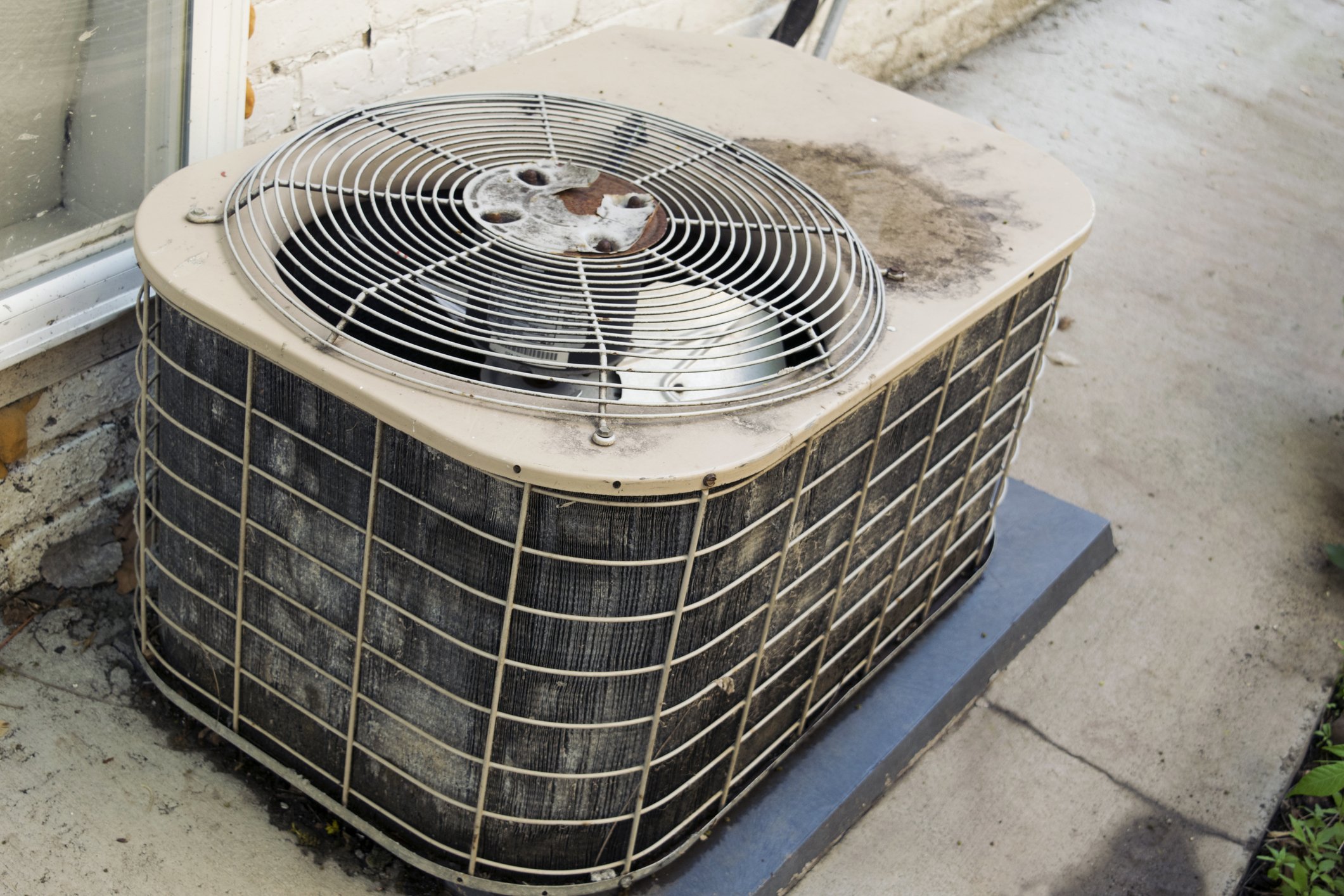What to Do If You Think Your Air Conditioner Has Water Damage in Fort Myers, Florida
Living in Fort Myers, Florida, means dealing with the possibility of hurricanes and tropical storms that can cause flooding. After a storm, your air conditioner might be at risk of water damage. It’s important to know how to respond quickly to avoid further issues, like mold growth or electrical hazards. Here’s a guide to help you if your air conditioner has been flooded or exposed to water damage:
Turn Off the Air Conditioner Immediately
If your air conditioner has been exposed to floodwaters, the first step is to turn it off. Doing so prevents potential electrical hazards and further damage to internal components. Locate your home’s breaker panel and switch off the power to the unit to ensure it’s completely off.
Assess the Flooding Situation
After turning off the unit, assess the extent of the flooding around your air conditioner. In Fort Myers, it’s common for heavy rains and storm surges to cause pooling water. Check the area around the outdoor condenser unit to see if water has receded or if it’s still submerged. If water remains, wait until it fully recedes before moving to the next steps.
Inspect for Visible Damage
Once the water has subsided, look for visible signs of damage. This includes checking for any rust, corrosion, or debris inside and around the unit. Keep in mind that even if you don’t see obvious damage, there could still be issues inside the system. Avoid removing any panels or trying to inspect internal components yourself; these areas may require professional handling.
Call a Professional HVAC Technician
It’s crucial to have a professional HVAC technician inspect your air conditioner after flooding. A technician familiar with the unique conditions in Fort Myers can evaluate the system for internal water damage, test electrical components, and determine if repairs or replacements are needed. For reliable AC repair in Fort Myers, many HVAC companies offer emergency services after major storms, so be sure to reach out as soon as possible.
Avoid Using the Air Conditioner Until It’s Cleared for Use
Even if your air conditioner seems to be working, don’t turn it back on until a professional has cleared it for use. Running an air conditioner with water damage can cause further harm to the system, potentially leading to expensive repairs or even the need for a full replacement.
Check for Mold and Mildew
Flooding in Fort Myers can quickly lead to mold growth due to the humid conditions. Inspect the areas around your air conditioner for mold or mildew, especially near ductwork and vents. If you notice any mold, it’s best to contact a mold remediation specialist to ensure safe removal. Mold can spread quickly through your HVAC system and pose health risks to your household.
Plan for Future Storm Protection
After addressing the immediate issue, consider ways to protect your air conditioning system from future storms. You can install a raised platform for your outdoor unit to keep it above potential flood levels. Regular maintenance, such as cleaning debris from around the unit and checking for proper drainage, can also help minimize damage during heavy rains.
Conclusion
If you live in Fort Myers, Florida, and your air conditioner has been exposed to water damage after a hurricane or heavy flooding, it’s essential to act quickly and seek professional help. By following these steps, you can protect your system from further damage and ensure your home stays cool and safe during the hot Florida summers. Remember, your safety comes first, so don’t hesitate to call in an expert for a thorough inspection!

